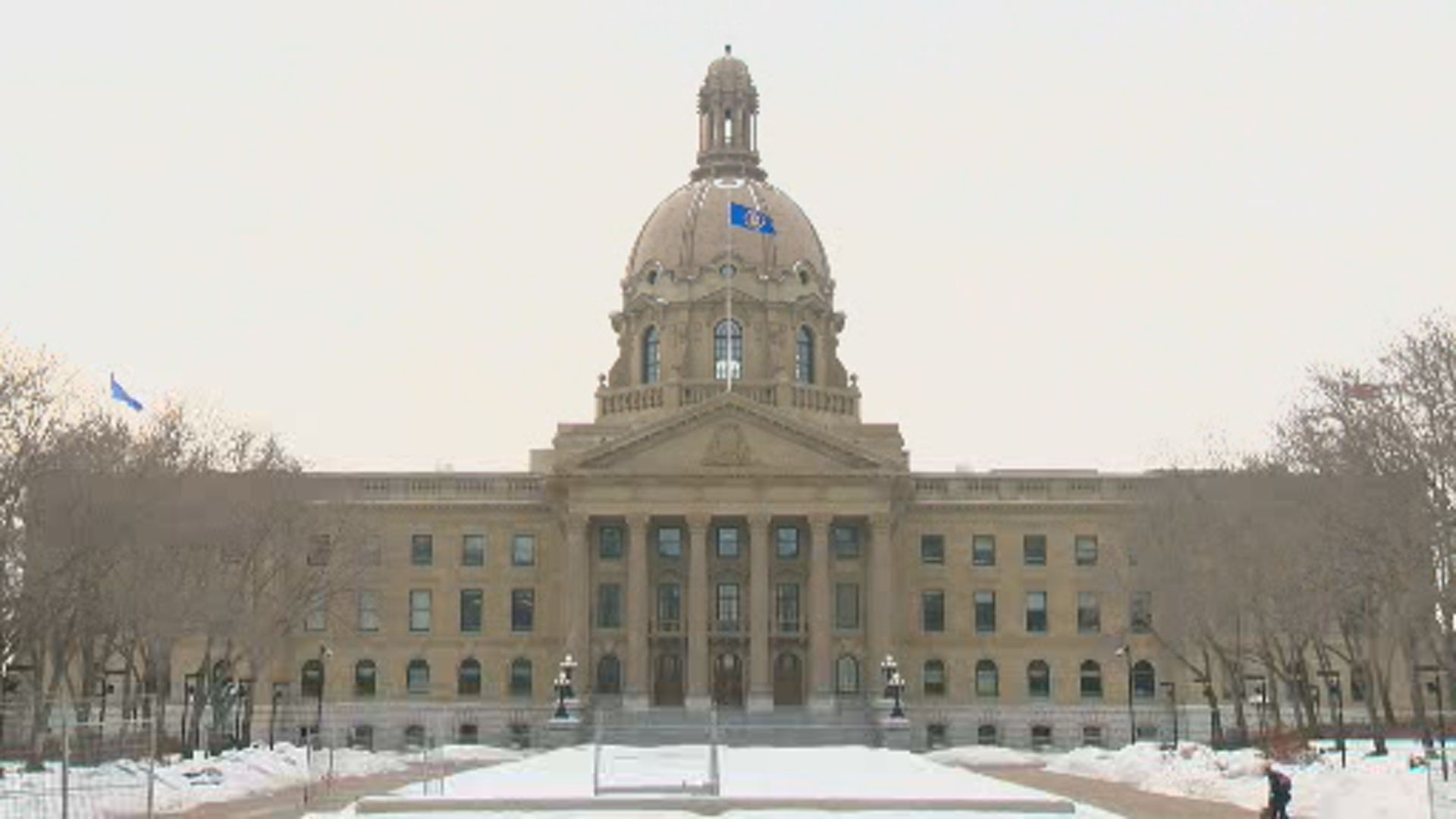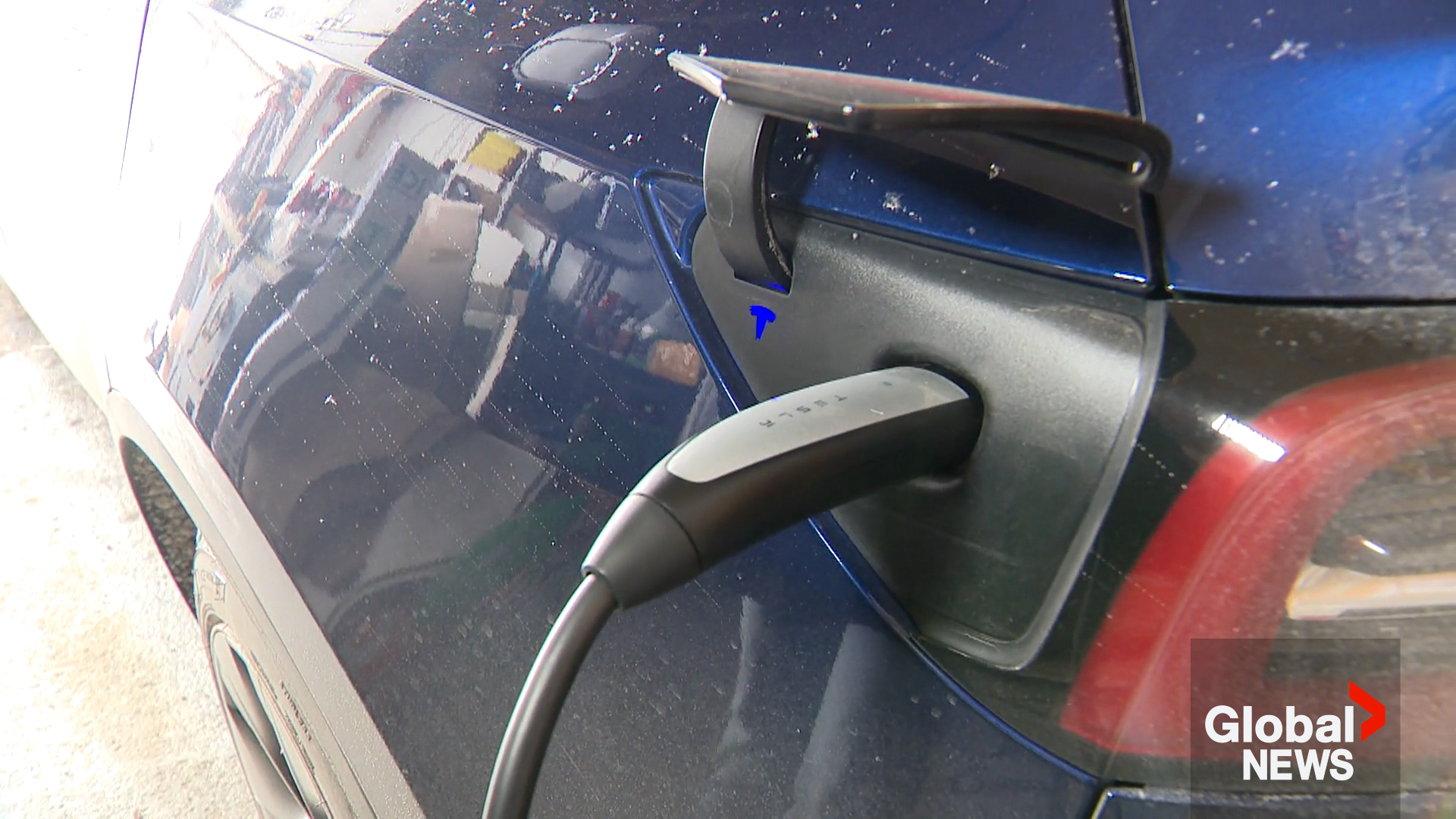Opinion by Lorne Gunter • 20h • Edmonton Sun
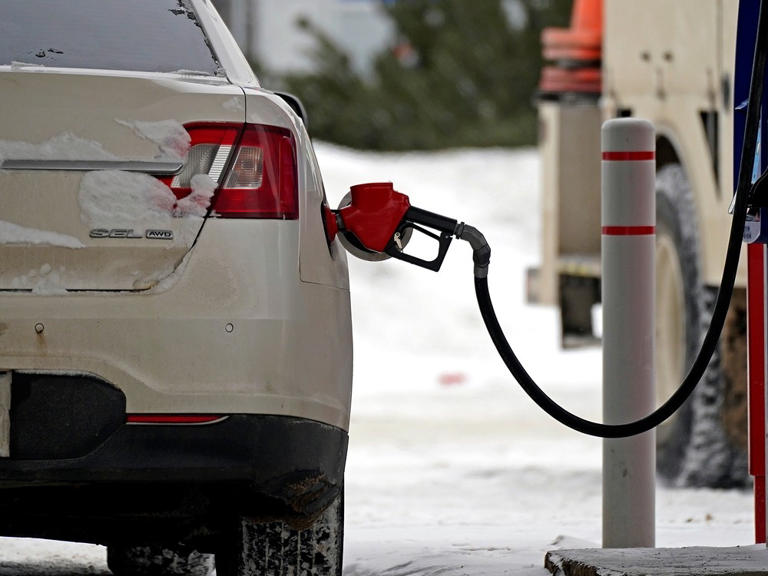
The provincial fuel tax is jumping again to 13 cents per litre of gasoline or diesel on April 1, the very same day the Trudeau government is jacking up the federal carbon tax from just over 14 cents a litre to nearer 18 cents.
© Provided by Edmonton Sun
Who says Alberta doesn’t have a provincial sales tax (PST) — or at least a consumer tax that acts very much like a sales tax?
The provincial government’s fuel tax — a per-litre charge on gasoline and diesel — goes up when the province needs it to, and for the same purposes as a PST.
The provincial fuel tax, which was zero at the end of 2023, jumped up by nine cents a litre on Jan. 1. Now, as provincial Finance Minister Nate Horner announced on Thursday, it is jumping again to 13 cents per litre of gasoline or diesel on April 1, the very same day the Trudeau government is jacking up the federal carbon tax from just over 14 cents a litre to nearer 18 cents.
And here’s the irony of ironies, despite Premier Danielle Smith having been one of the premiers most critical of Ottawa’s added grab, her government’s gas tax is going up by 44 per cent on April 1. The federal Liberals’ tax is rising by “only” 23 per cent.
While Smith was one of the first premiers to request that Prime Minister Justin Trudeau “pause” his carbon tax hike until the cost of living comes down in Canada, she seems unable to see that her government’s reimposition of its full fuel tax has the same inflationary effect.
Who says Alberta doesn’t have a provincial sales tax (PST) — or at least a consumer tax that acts very much like a sales tax?
The provincial government’s fuel tax — a per-litre charge on gasoline and diesel — goes up when the province needs it to, and for the same purposes as a PST.
The provincial fuel tax, which was zero at the end of 2023, jumped up by nine cents a litre on Jan. 1. Now, as provincial Finance Minister Nate Horner announced on Thursday, it is jumping again to 13 cents per litre of gasoline or diesel on April 1, the very same day the Trudeau government is jacking up the federal carbon tax from just over 14 cents a litre to nearer 18 cents.
And here’s the irony of ironies, despite Premier Danielle Smith having been one of the premiers most critical of Ottawa’s added grab, her government’s gas tax is going up by 44 per cent on April 1. The federal Liberals’ tax is rising by “only” 23 per cent.
While Smith was one of the first premiers to request that Prime Minister Justin Trudeau “pause” his carbon tax hike until the cost of living comes down in Canada, she seems unable to see that her government’s reimposition of its full fuel tax has the same inflationary effect.
Global NewsAlberta budget 2024: Tax cut delayed, EV levy added
1:38
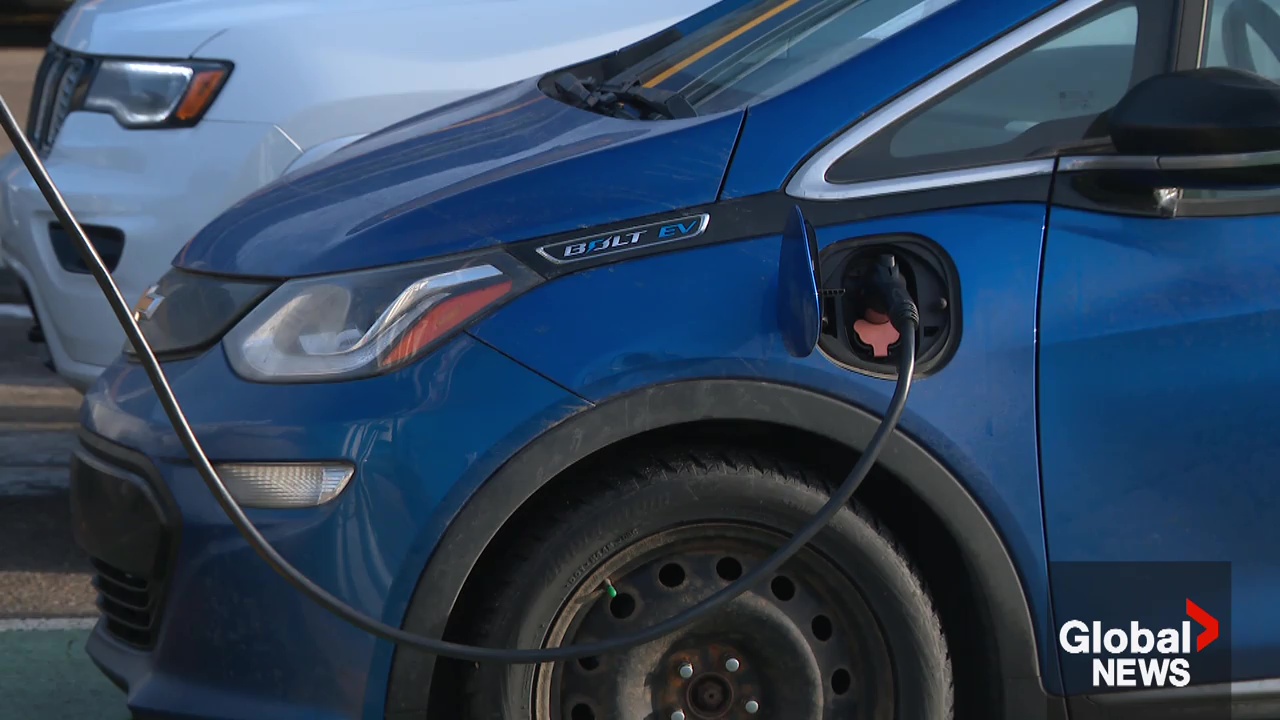
Global NewsAlberta's new electric vehicle tax called an ‘ideological move’
1:58
If adding nearly four federal cents per litre raises the cost of everything that moves (including the tractors that plant your food and the trucks that bring it to your neighbourhood grocery store), then Smith’s four provincial cents per litre does exactly the same thing.
Inflation recognizes no difference between federal and provincial taxes. If increasing one stunts the economy, so does raising the other.
Here’s another irony. While Prime Minister Trudeau is delusional when he insists his government’s quarterly carbon tax rebates make the federal carbon tax a financial “win” for middle-class families, at least Canadians get some of the federal carbon tax back.
Few Canadians get as much back in rebates as they pay in carbon tax, but Albertans get nothing back on the provincial fuel tax.
I’m guessing if most UCP MLAs were federal Conservative MPs instead, they’d be in Ottawa right now voting to have the Liberal government stall its April 1 carbon-tax increase. However, there hasn’t been one peep from any of them about their own government’s fuel tax rise.
If Smith is to have any credibility at all when attacking Trudeau’s 23-per-cent tax spike, she has to stop her own 44-per-cent increase.
But how does all this make Alberta’s fuel tax the equivalent of a PST?
During his announcement on Thursday, Horner explained the provincial fuel tax program “is designed to save Albertans money when oil prices are high and bring in needed government revenue when oil prices drop.”
That’s the first time I can recall the Smith government admitting its fuel tax is meant to supplement government revenues.
As oil prices fall (and take government revenues from royalties, leases and taxes down with them), the government admits “revenue from the provincial fuel tax helps fund the programs, services and infrastructure Albertans rely on every day.”
For decades, “progressives” in Alberta have been pushing for a PST to regularize the flow of government revenues and lessen our dependence on oil and gas. In other provinces, when general revenues fall, they increase the PST.
Here we don’t have a PST, so the provincial government appears to be using the fuel tax as an alternative.
With gasoline already at nearly $1.50 a litre and diesel at $1.65 or more, the last thing Alberta drivers and businesses need is yet another fuel tax increase — federal or provincial.
Alberta set to fully reinstate gas tax of 13 cents a litre after drop in oil prices
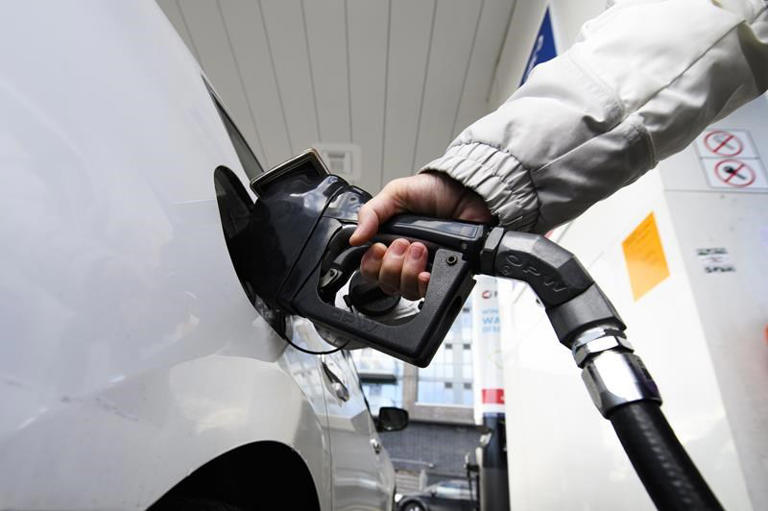
Alberta set to fully reinstate gas tax of 13 cents a litre after drop in oil prices© Provided by The Canadian Press
EDMONTON — Gas prices are set to rise in Alberta next month, with the provincial government fully reinstating its fuel tax following a drop in oil prices.
Finance Minister Nate Horner says the fuel tax for gas and diesel will be 13 cents per litre starting April 1, an increase of four cents.
Under the provincial Fuel Tax Relief Program, the tax can be paused or reinstated partially or in full, depending on oil prices.
Fuel tax rates are adjusted quarterly based on the average price per barrel of the benchmark West Texas Intermediate oil.
Horner says Albertans will continue to pay some of the lowest fuel prices in the country even after the increased rate takes effect.
He says the tax rate will drop back down if oil prices hit US$80 a barrel or higher.
This report by The Canadian Press was first published March 21, 2024.
Related video: Preliminary water allocation forecasts in southern Alberta below average (Global News) View on Watch
More videos

Alberta set to fully reinstate gas tax of 13 cents a litre after drop in oil prices© Provided by The Canadian Press
EDMONTON — Gas prices are set to rise in Alberta next month, with the provincial government fully reinstating its fuel tax following a drop in oil prices.
Finance Minister Nate Horner says the fuel tax for gas and diesel will be 13 cents per litre starting April 1, an increase of four cents.
Under the provincial Fuel Tax Relief Program, the tax can be paused or reinstated partially or in full, depending on oil prices.
Fuel tax rates are adjusted quarterly based on the average price per barrel of the benchmark West Texas Intermediate oil.
Horner says Albertans will continue to pay some of the lowest fuel prices in the country even after the increased rate takes effect.
He says the tax rate will drop back down if oil prices hit US$80 a barrel or higher.
This report by The Canadian Press was first published March 21, 2024.
Related video: Preliminary water allocation forecasts in southern Alberta below average (Global News) View on Watch
More videos
